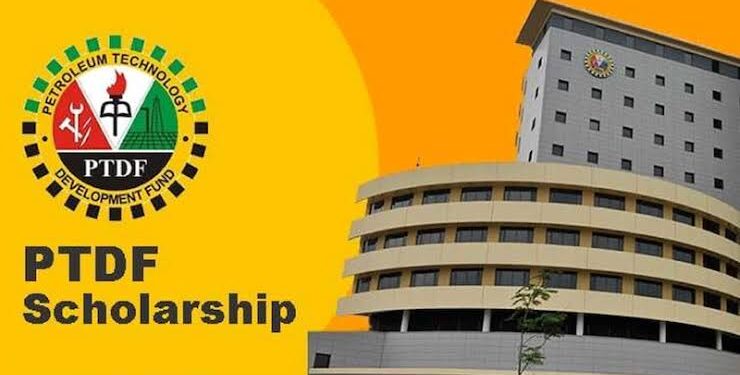The Petroleum Technology Development Fund (PTDF) has shortlisted 606 candidates from Bauchi State for their PhD and MSc studies abroad.
Mr Suraju Fari, Head of Overseas Scholarship, Petroleum Technology Development Fund (PTDF) in Bauchi State disclosed this on Monday during the screening and physical verification of the shortlisted candidates.
According to him, the shortlisted candidates are solely those for oil and gas or renewable energy related programmes.
Speaking on the criteria used in selecting the candidates, he said they looked at their O’level certificates and first degrees, adding that they also looked at the second degrees of the candidates going for PhD.
Fari explained that PTDF also looked at how competent the candidates were in defending their proposals, hence the resolve to invite panelists.
“The process is okay because there is transparency in all what we are doing from the applications because we advertise and give the applicants six weeks to apply.
“The computer shortlisted the candidates and then our staff shortlisted what the computer had shortlisted because we know that some people can beat the computer.
“Here in Bauchi, we have 606 shortlisted candidates and today, we are going to interview 204 which consist of 102 PhD and 102 MSc.
“The mandate of PTDF is to develop capacity, competency, skills in the oil and gas industry and we can not go beyond our mandate.
“PTDF candidates that normally study abroad are outshining. Our candidates are performing excellently because of the selection process which is transparent and based on merit,” he said.
Also, one of the panelists, Dr Usman Hassan, Head of Department, Petroleum Engineering, Abubakar Tafawa Balewa University (ATBU) Bauchi, said most of the proposals of the applicants interviewed so far were relevant to the Nigerian oil and gas industry.
“If the scholars become successful at the end of the programme, they are going to add value and make contributions to the national oil and gas industry,” he said.
One of the candidates, Ijantiku John, said he applied for the PTDF to pursue his Masters Degree in Environmental Science in Germany and lauded the screening process.
“The questions they asked are based on your field that you aspire to study and everything is very transparent and no manipulations whatsoever,” he said.
Another candidate, Hussaini Mohammed, who said that he applied for the PTDF scholarship online for his PhD in Chemical Engineering in Germany, expressed happiness for being shortlisted.(NAN) (www.nannews.ng)











